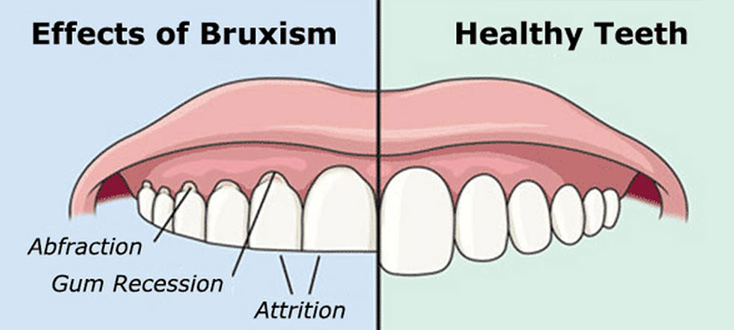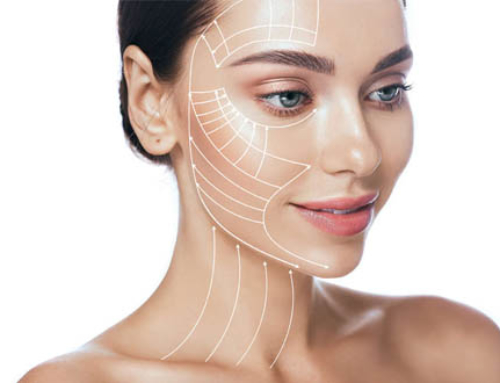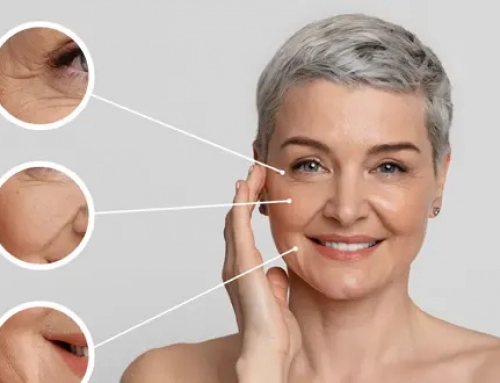
Is Botox really used to treat bruxism ?
What is bruxism ?
Bruxism is the scientific term used to designate teeth grinding, whether it happens during daytime or sleep. Typically, the lower teeth are pressed against the upper teeth and also moved from front to back unconsciously. The precise cause of bruxism remains unknown, but stress is a determining factor, although it is not the only one. Teeth grinding can also result from dental misalignment, diet, certain sleeping positions and even sleeping habits.
What are bruxism symptoms ?
The consequences of bruxism go beyond pain. Patients with bruxism often present with headaches, jaw, neck, ear and back pain. Teeth grinding causes significant tensions in the body, which explains why patients can present with pain in different parts of their body. Pain in various locations of the body can remain unexplained and result in patients consulting many different medical specialists (neurologists, traumatologists, etc.) with the hope of finding a solution to their problem. The answer to bruxism can be found at the dentist who will be able to take care of the consequences of this problem, in the mouth : tooth wear, teeth parts with no enamel, toothache and even dental pieces embrittlement.
Are there treatments for bruxism ?
The upside to this condition is that it can be treated. Different treatments can be associated in severe cases to achieve better results. Typically, a mouth guard (adapted to the patient’s jaw) is made. It can be used during sleep to prevent the lower teeth from touching the upper teeth. A more recent treatment for bruxism simply using Botox injections targets the muscles responsible for this problem (the jaw muscles). Botox acts as a long lasting muscle relaxant and the effect of the injections can be felt immediately. Botox does not prevent patients from talking or chewing food and its effect lasts 4 to 6 months.





